The books you select, and don’t select, are political. Reading is not a passive activity. From the moment you choose a text you are making a statement. If you’re teaching To Kill a Mockingbird as a coming of age tale, but are afraid to use The Hate U Give. You’ve made a political statement. Both stories center on young girls who learn a harsh truth about their respective environments. Both stories center a Black males’ death at the hand of a white law enforcement officer. So, why is one canon and the other “controversial”? Do one of these men deserve to die? Is only one of these girls permitted to “come of age”? If Scout’s journey is worthy of the classroom, then honor Starr’s or acknowledge that your discomfort is hypocritical and based on race.
Let your curriculum choices and your in-class library say “I see you. I hear you. I stand with you” to do anything else says “I don’t want to see” or “You’re welcome here, but not anything related to who you are”. Let your text selections be part of your protest, but please don’t let that be where you stop. Consider adding Tochi Onyebuchi’s War Girls. If we’re still reading Aldous Huxley’s Brave New World there’s room for a futuristic science fiction book that takes place in Nigeria in 2172. Tomi Adeyemi’s Children of Blood and Bone and its sequel Children of Virtue and Vengeance are excellent fantasy stories with deep roots. Get to know L.L. McKinney, Dohnielle Clayton, and Justina Ireland and then get to know who they read and read those people. Try Roseanne A. Brown’s A Song of Wraiths and Ruin, a fantasy story steeped in West African folklore or Bethany C. Morrow’s A Song Below Water which includes Black mermaids. Lamar Giles writes plenty of stories that are mysteries. Spin, Endangered, Fake ID, Overturned. All of them involve a main, Black character, trying to solve a mystery that is close and personal to them. Brown Girl Ghosted by Mintie Das is both fantasy and mystery. Leah Johnson’s debut You Should See Me in a Crown is straight rom-com. Justin A. Reynolds’ Opposite of Always is a romantic story in the same vein as John Green.
If you’ve asked what you can do? This is the bare minimum. Pick books that make you uncomfortable. That discomfort is the cost of being anti-racist. It is the cost of saying you do this for the kids. It is the cost of having the impressionable minds of young people in your hands. If you can’t pay that cost consider what your silence costs your students.
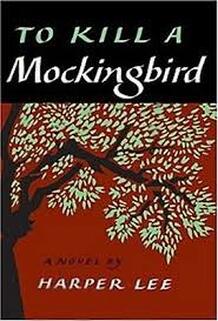
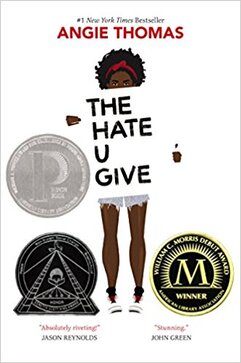
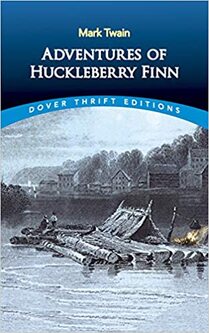
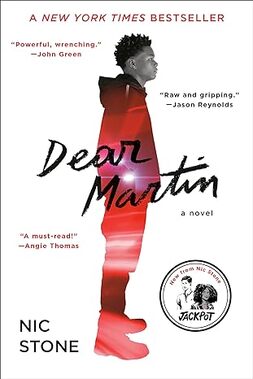
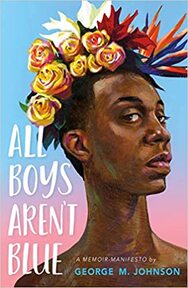
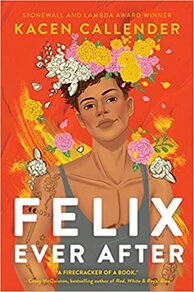
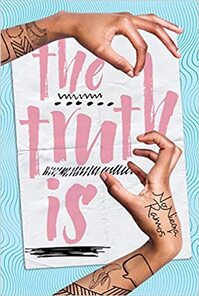

 RSS Feed
RSS Feed